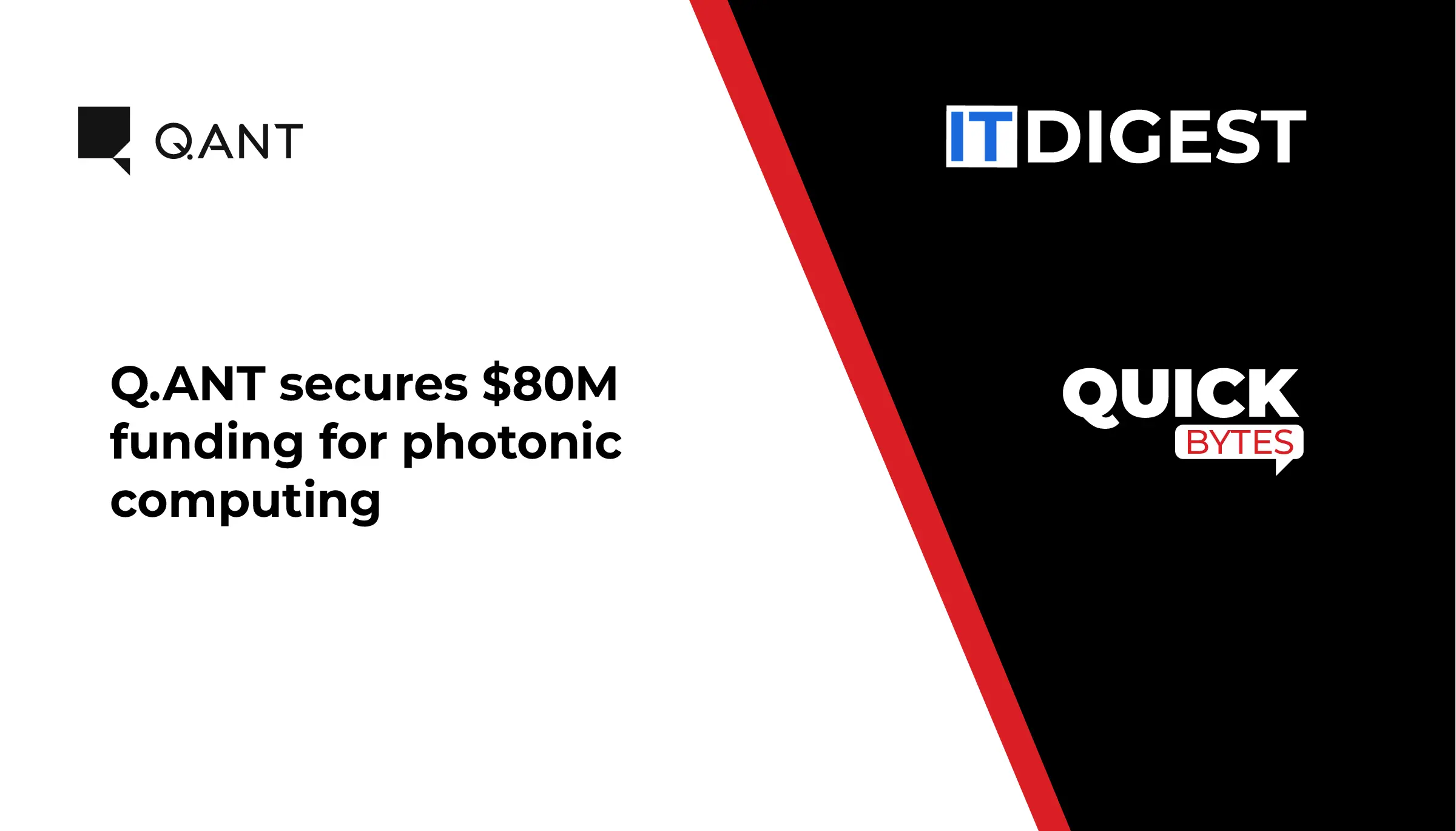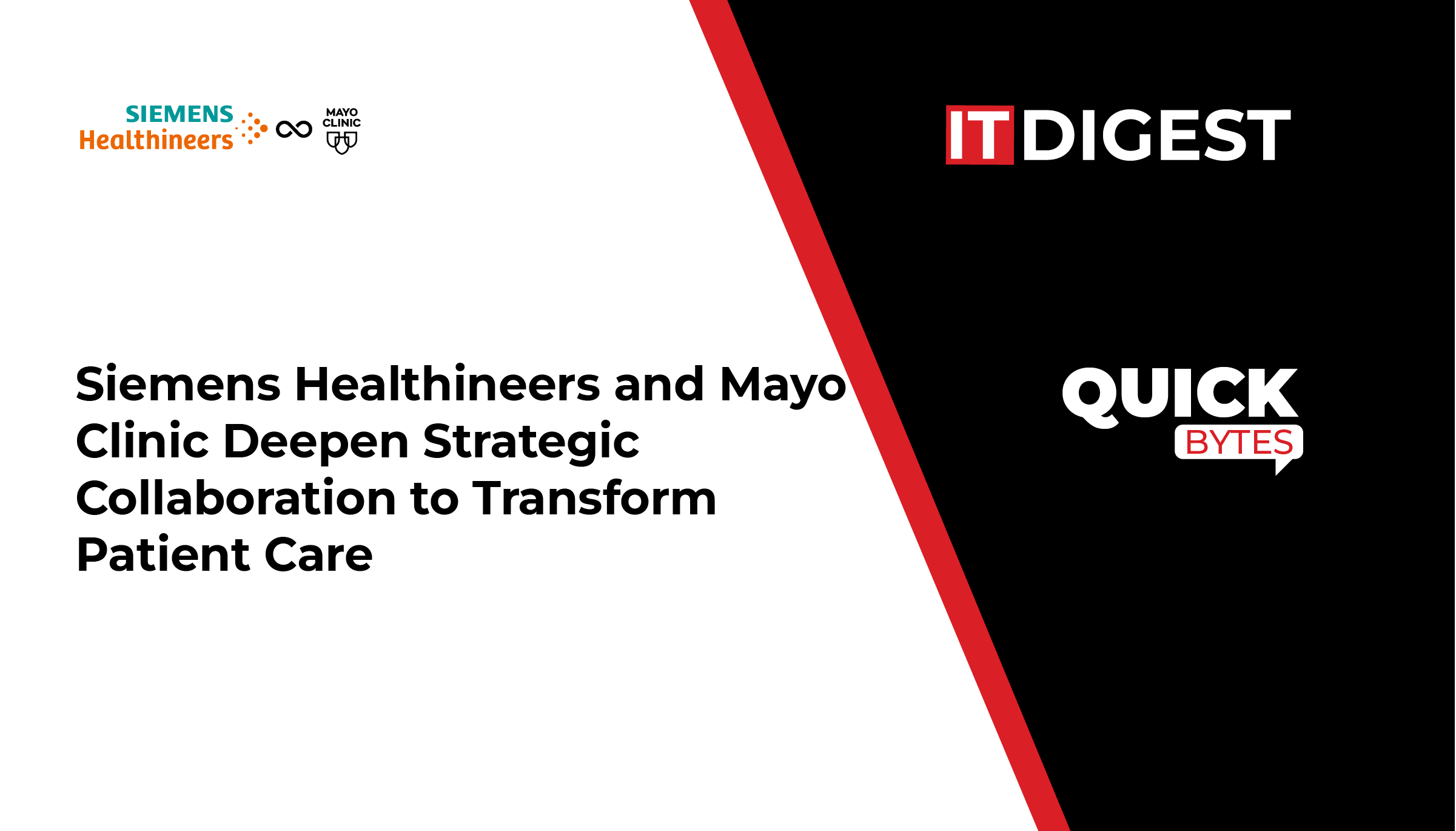Q.ANT, the Stuttgart-based deep-tech firm pioneering photonic processors for AI and high-performance computing, has announced that Duquesne Family Office LLC the investment vehicle of renowned investor Stanley F. Druckenmiller has participated in the second closing of its Series A financing, lifting its total funding to US$80 million, the largest round for photonic computing in Europe. The raised capital will accelerate Q.ANT’s commercialisation of its light-based processor technology, further technology development, and its expansion into the U.S. market. Duquesne also brings strategic involvement, with Sue Meng of Duquesne joining Q.ANT’s advisory board as an observer. With global AI-data-centre infrastructure spending projected to exceed US$5.2 trillion over the next five years, energy and hardware limits are becoming critical growth constraints; Q.ANT’s native-light processing approach promises dramatically higher performance and efficiency than conventional electronic chips, addressing this bottleneck head-on.
Also Read: WiMi Develops Post-Quantum Blockchain Privacy System
Q.ANT claims its Native Processing Server (NPS) delivers up to 30× greater energy efficiency, 50× the performance and potential to expand data-centre capacity 100×, while achieving full 16-bit floating-point precision and eliminating the need for active cooling. According to founder & CEO Dr. Michael Förtsch: “AI is pushing the limits of global resources – energy, hardware, and capital,” and “At Q.ANT, we achieve performance through efficiency, not brute power alone, redefining how AI can scale. The Duquesne Family Office shares our conviction that sustainable computing will define the next era of progress.” With the backdrop of mounting demand for generative AI systems and constrained energy use, industry analyst Gartner, Inc. notes that photonic computing offers increased bandwidth, processing power and storage while controlling energy consumption a compelling validation of Q.ANT’s strategic direction. By 2030 the company aims to make photonic processing a foundational pillar of global AI systems, offering integration-ready, plug-in co-processor modules for today’s data centres, and positioning itself as a sustainable alternative to transistor-based electronic architectures.


































